
 Imaginary Worlds
Imaginary Worlds
Author: Eric Molinsky | Daylight Media
Subscribed: 21,022Played: 379,741Description
Imaginary Worlds sounds like what would happen if NPR went to ComicCon and decided that’s all they ever wanted to cover. Host Eric Molinsky spent over a decade working as a public radio reporter and producer, and he uses those skills to create thoughtful, sound-rich episodes about science fiction, fantasy, and other genres of speculative fiction. In this award-winning podcast, Eric talks with filmmakers, screenwriters, novelists, comic book artists, game designers, and anyone who works in the field of make-believe about how they craft their worlds. He also talks with academics and fans about why we suspend our disbelief, and what happens if the spell is broken. Imaginary worlds may be set on distant planets or parallel dimensions, but they are crafted here on Earth, and they’re always about us and our lived experiences.











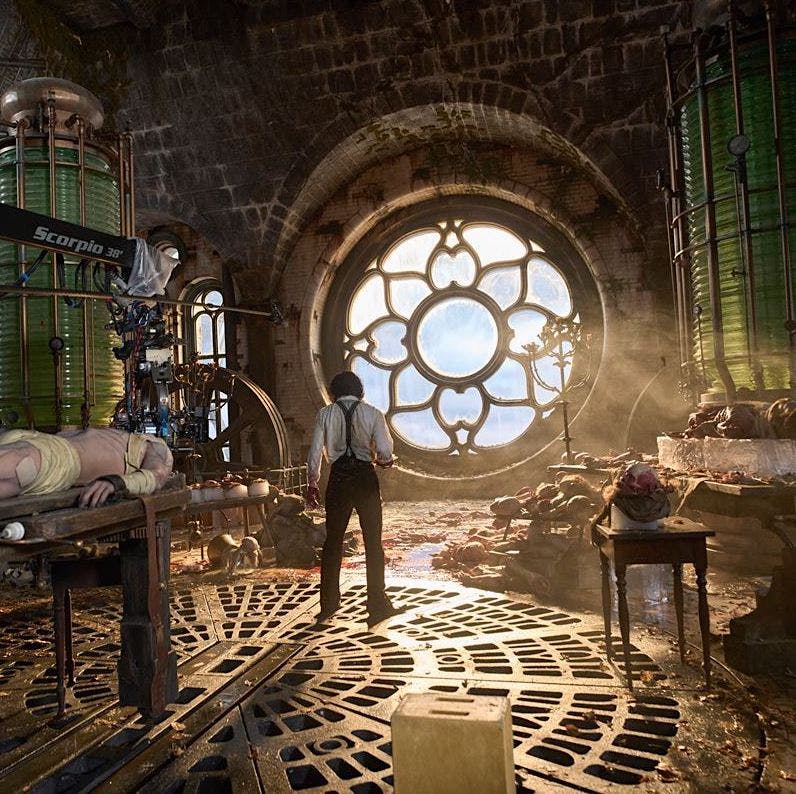


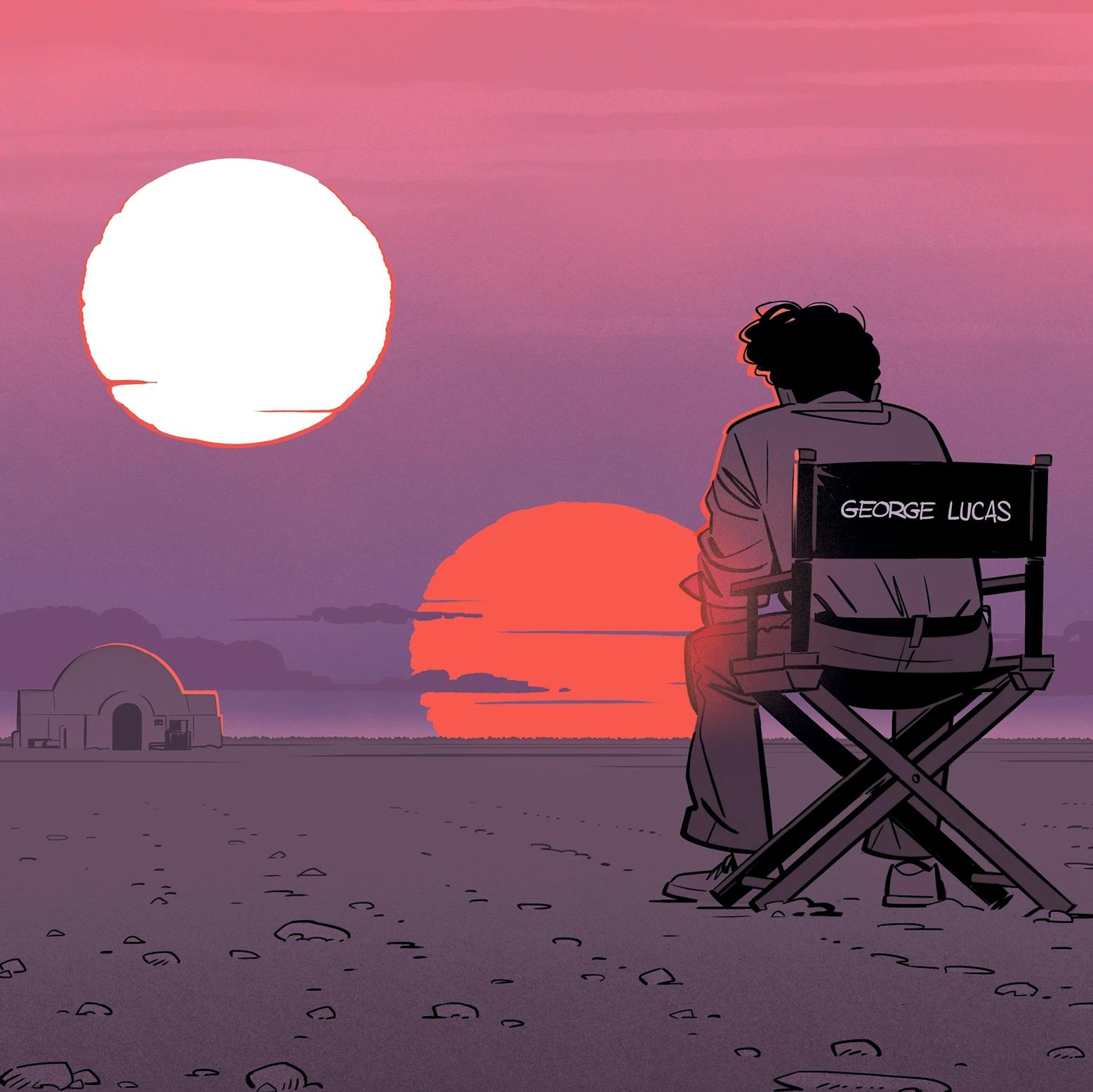

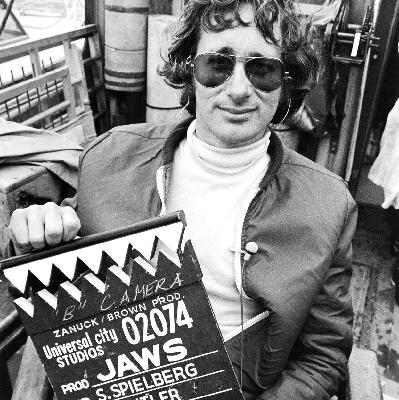



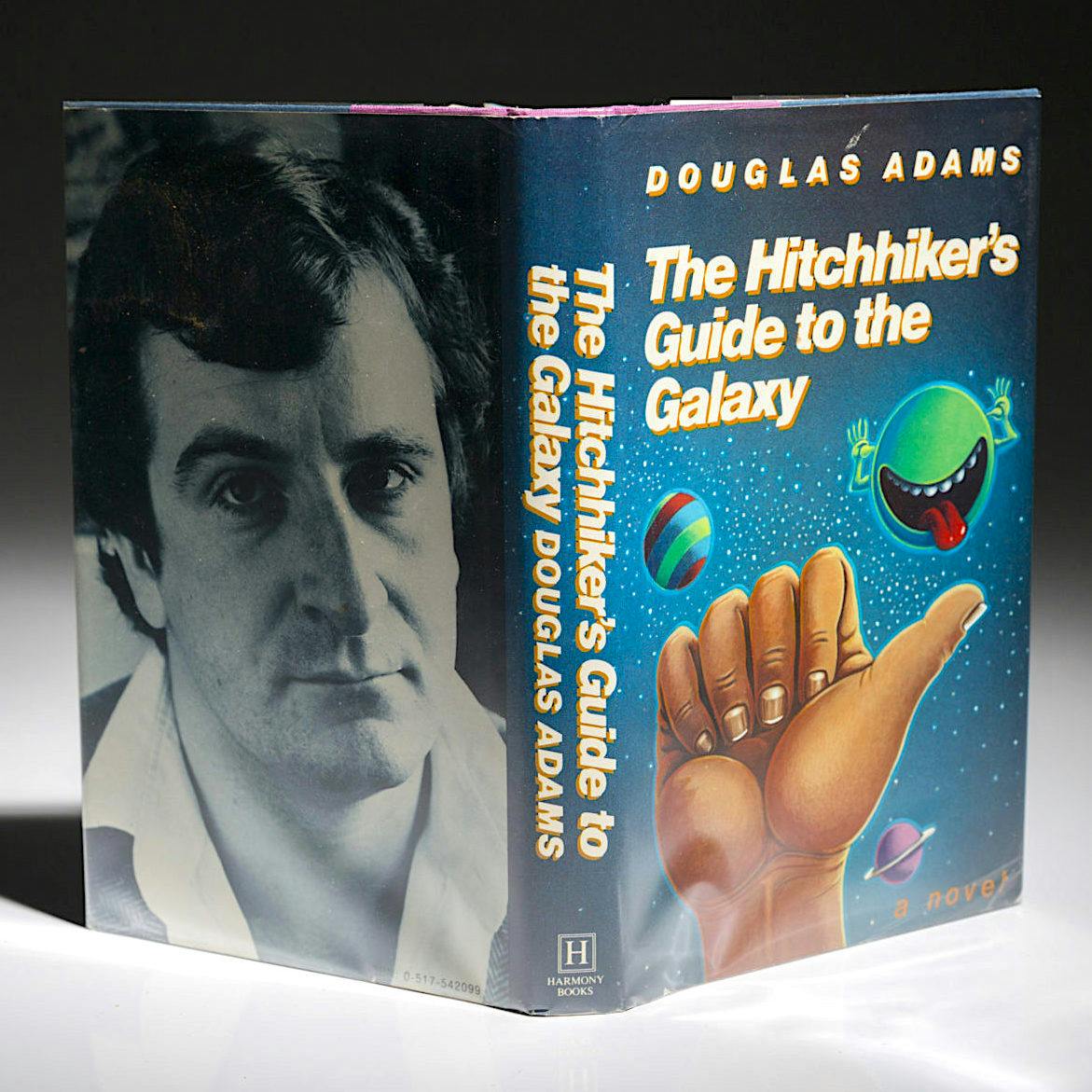

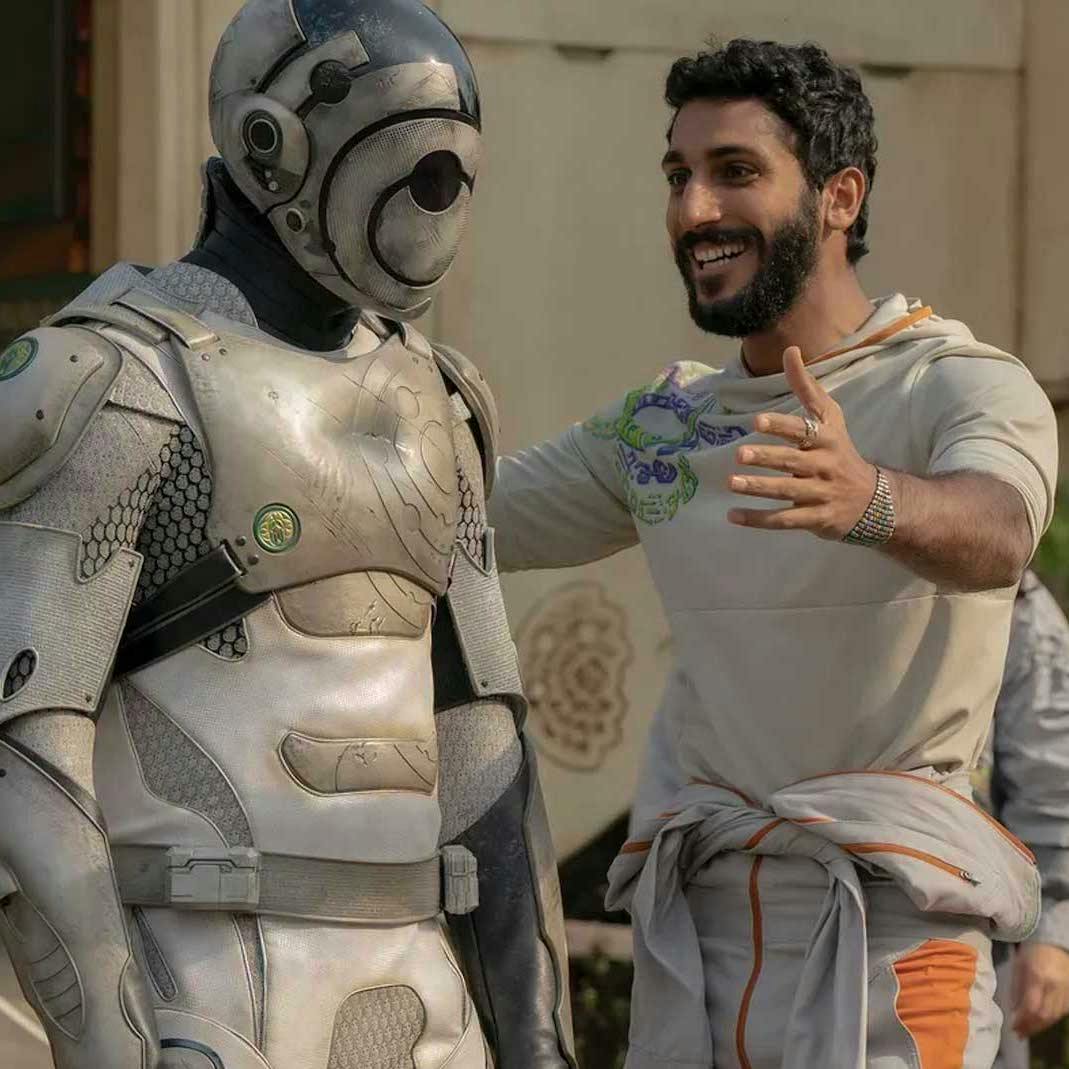
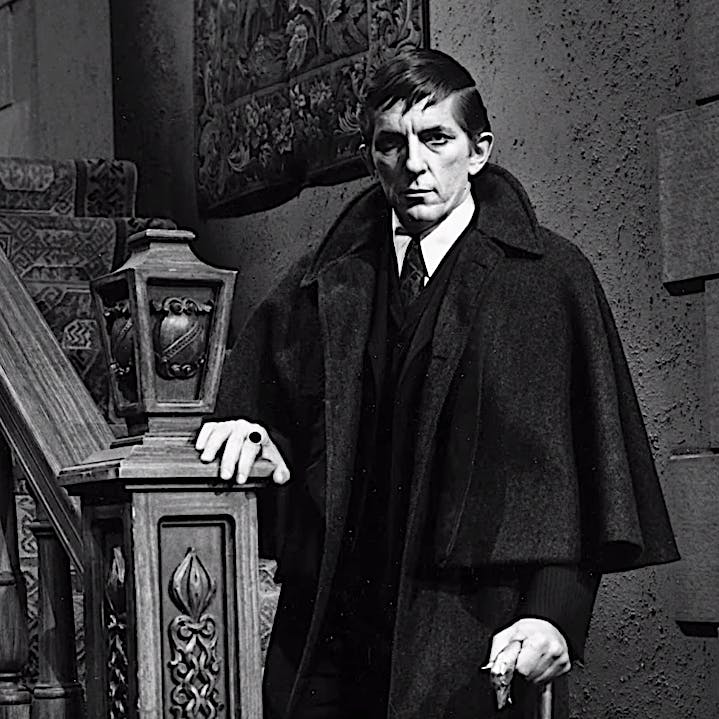



The thing is, to people who want to ban queer books, there isn't a difference between "this book will turn my kid gay" and "this book will help my queer kid to self-acceptance."
i cant believe they never said that yamauchi nintendo started in 1889
My daughter and her friends made up and acted our their own stories based on an awful book series they were all fans of. Their stories were much more inventive than the books. So yeah, give kids something to play with, and they will go off script in very creative ways!
this is speed up.
Rather boring and has become preachy instead of informative.
Thank you for nice information. Please visit our web https://uhamka.ac.id/
this doesn't age well
Remember the days when this podcast was interesting? I miss those days. It's been a long time.
wow .... this is an online quiz you'regetting so upset about? online quizzes are notorious for inaccuracies in people. it's not like a real world diagnosis or anything. if you're a Hufflepuff, go be one! wow
Great podcast, easily one of my favourites.
This is basically my favorite podcast, great job Eric keep up the good work 👍
There's not enough lipstick to put on this pig.
Whenever I notice there's a new imaginary worlds episode out I stop what I am doing and put in in my ears immediately and I say, oh yeah, Eric, talk nerdy to me.
Stories on fake ass wwf wrestlers? Boy are we scraping the bottom of the barrel
I clicked on this episode because I thought it would deal with Deaths. Pratchett and Gaiman kind of thing. I wasn't prepared for the Peter Parker reminder. THANKS FOR MAKING ME CRY.
So it begins...great show but limiting content for free users is not cool
Being a dresser in a local theatre and i go by the name "hi-i-don't-have-socks" (if they see me in the hallway) or "DRESSER!!!" (if they don't see me in the hallway) 😊so i can relate)) Awesome episode. (most of them r though)
There's a couple people making a podcast called Harry Potter and the Sacred Text. It's about what this fantasy text can teach us if we take it as seriously as we do religious texts. It's very much what the panelists are discussing here.
This episode and the D&D episode were really entertaining (and informative)!
pp